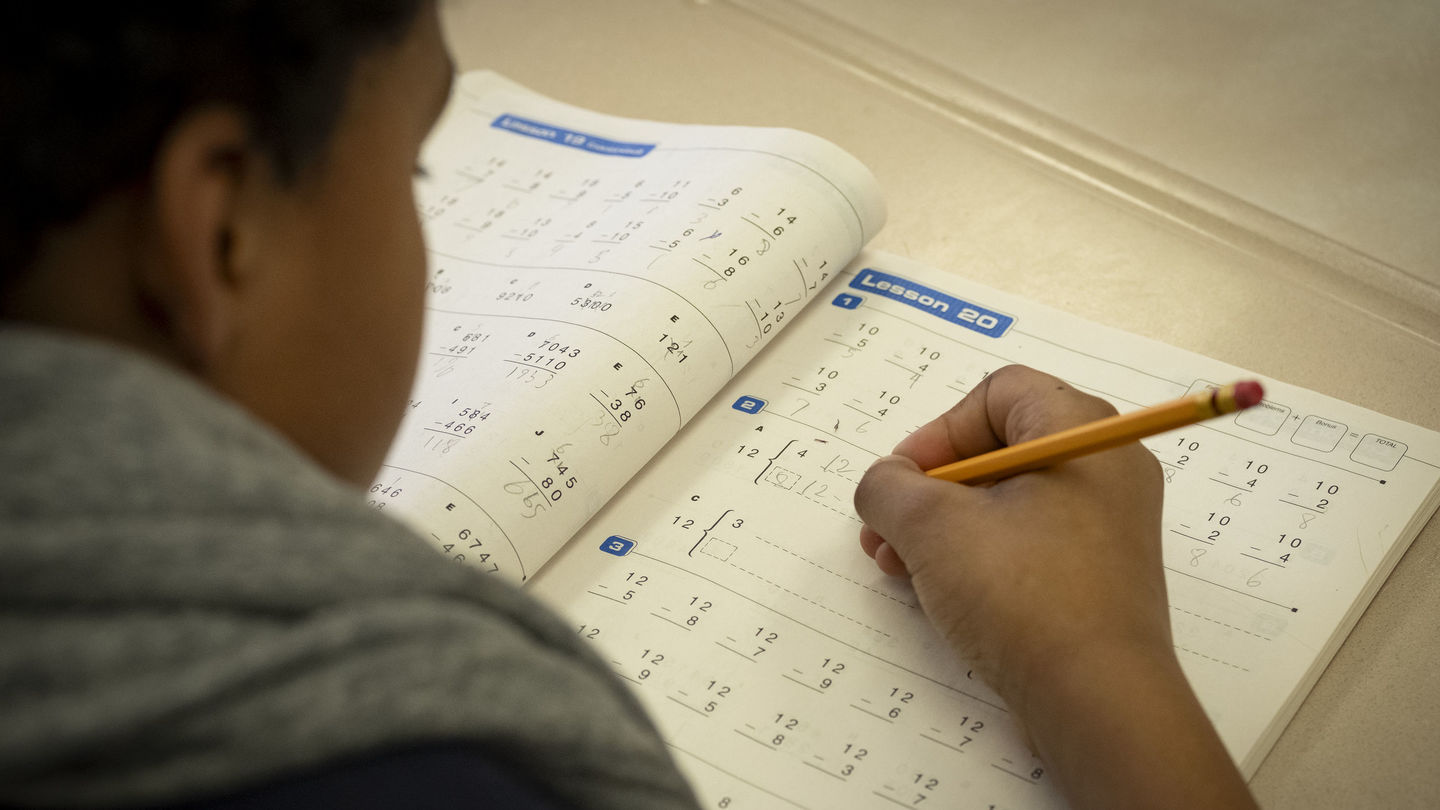
'Kids in Crisis: When Schools Don't Work' is a General Education course that aims to encourage students to think about race and diversity through the lens of social problems in schools in the United States. Those problems include segregation and racial isolation, school violence, dropout rates and more.
Social problems are part of modern society, representing a gap between the ideal vision of society and the reality experienced by individuals within it. Designed by faculty in the College of Education and Human Development (CEHD) at Temple University, the course allows students to learn about these issues and reflect upon them.
"Every student brings their own unique perspective to class," said Lori Shorr, CEHD associate professor of instruction in policy, leadership organizational studies. "During the course, students are often asked to consider how their upbringing, gender, ethnicity, and socioeconomic background relate to their educational experiences."
As the faculty course coordinator for 'Kids in Crisis,' Shorr has also taught the course. With her expertise in critical and cultural studies and urban education, alongside her diverse experience working in non-profit organizations, the Pennsylvania Department of Education and as the chief education officer for the City of Philadelphia before coming to Temple in 2016, Shorr brought a significant policy focus to the course.
"When discussing public policies, we often consider how they impact an individual's idea of themselves in the world," she shared. "But it's also important to think about how people's social identities influence the types of policies they create and how they interact with policies."
Throughout the course, students engage with a series of readings, write about them in a reading journal then discuss them in class in both small and large group discussions. "They reflect on what the readings mean to them and how others understood them and think about, how together they can envision the world in the future," Shorr said. "The final group project requires students to identify a marginalized group and conduct an in-depth investigation into the public policies that affect that population. This includes interviewing or reading texts about members of the group. Subsequently, students present their findings in class."
'Kids in Crisis' fulfills the university's race and diversity general education requirement and is open to all students, not just those majoring in education. The class discusses restorative and trauma-informed practices to address social issues. Although it focuses heavily on education, knowledge of social issues and public policymaking is valuable regardless of the students' fields.
"This course uses education as a case study for larger issues surrounding social identity and public policy," Shorr emphasized. "Race and ethnicity, for example, can disproportionately impact exclusionary practices. This occurs not only in schools but also in housing and other public domains."
Marcus A. Delgado, deputy secretary of the office of administration for the Pennsylvania Department of Education, has been teaching 'Kids in Crisis' as an adjust professor. He shared that this is a unique course for students at Temple University to take.
"Taking this course will allow Temple students to reflect on their own opportunities and compare their educational opportunities and experiences to those living in lower socio-economic communities," said Delgado. "This course explores personal beliefs, values and norms, while exposing students to the social, cultural and economic differences, as well as the policies which help to create those differences."
Many students who have taken 'Kids in Crisis' have praised how the course fosters a safe space for everyone to share their personal perspectives during class discussions. "Building a trusting community with shared language and values is essential for meaningful discussions," Shorr added.
Orlethia Hamilton Wearing, a student in human development and community engagement major, took the 'Kids in Crisis' course in the fall of 2023. She believes that every student should take this course because it provides valuable insights into how and why certain events occur. "It was truly an eye-opening experience, challenging your beliefs and knowledge and prompting you to consider these issues as interconnected wholes," said Wearing.
Shorr further added that 'Kids in Crisis' is akin to a mini urban education class, where culture, history, policies, practices, procedures and programs intersect. When students express their appreciation for this class and inquire about similar courses, Shorr often encourages them to look into urban education classes. These courses offer students opportunities to delve deeper into these topics.
"'Kids in Crisis' provides students with the foundation to understand how education, as a multidisciplinary endeavor, impacts our lives," Shorr noted. "Students can leverage their knowledge from this course to advocate for lasting positive change in their future professions."
For more information on 'Kids in Crisis: When Schools Don't Work' and other general education courses offered through the College of Education and Human Development, please visit our website.
